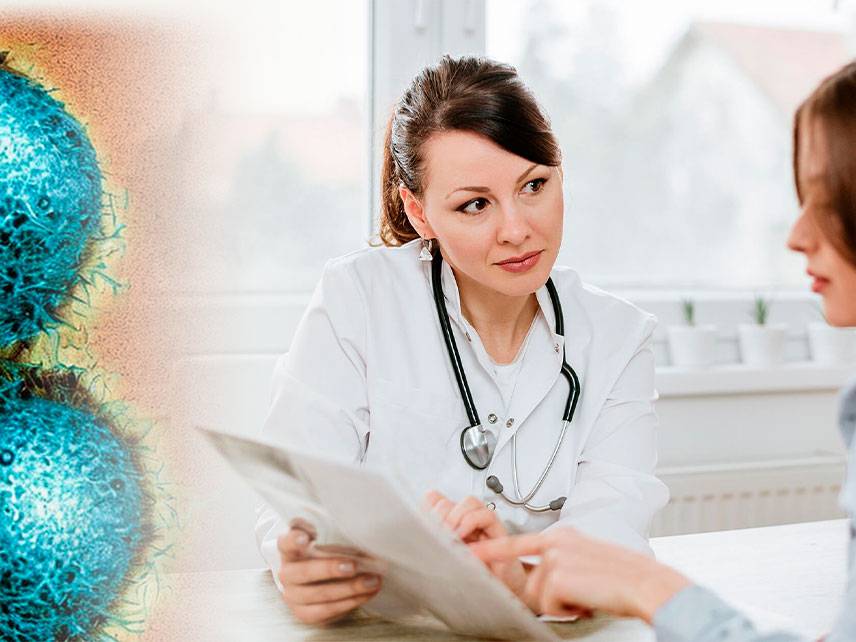Chlamydia is a sexually transmitted disease (STD) caused by the bacterium Chlamydia trachomatis. It is the most commonly reported bacterial STD in the United States. Chlamydia affects both men and women and can have serious health consequences if left untreated.
Signs and Symptoms
Many people who have chlamydia don’t show any symptoms. That’s why it is important to get tested if you have had unprotected sex. If symptoms are present, they may include:
• In men: discharge from the penis, burning and itching during urination, and pain and swelling in the testicles.
• In women: discharge from the vagina, pain during urination, and abdominal and pelvic pain.
Causes
Chlamydia is spread through contact with the mucous membranes of the genitals, rectum, or throat. It can also be passed from mother to baby during delivery.
Risk Factors
People who are at higher risk of getting chlamydia include those who have multiple sexual partners, those who don’t use protection during intercourse, and those who have a prior history of STDs.
Prevention
The best way to prevent chlamydia is to practice safe sex by using condoms, getting tested regularly, and limiting the number of sexual partners.
Diagnosis
Chlamydia can be diagnosed with a urine test or a swab of the infected area.
Treatment
Chlamydia is usually treated with antibiotics. It is important to take all of the medication as prescribed and to not have sex until the infection is completely gone.
Coping and Support
If you have been diagnosed with chlamydia, it can be helpful to talk to a doctor, counselor, or support group about any feelings of embarrassment or guilt.
Complications
If left untreated, chlamydia can cause serious complications. In women, it can lead to pelvic inflammatory disease, ectopic pregnancy, and infertility. In men, it can cause inflammation of the testicles and prostate.
Living with Chlamydia
If you have been diagnosed with chlamydia, it is important to follow the treatment plan prescribed by your doctor and to get tested regularly. It is also important to practice safe sex by using condoms and to limit the number of sexual partners.
Chlamydia is a common STD caused by the bacteria Chlamydia trachomatis. It is often asymptomatic, but if symptoms are present, they may include discharge from the vagina or penis, burning and itching during urination, and abdominal and pelvic pain. Chlamydia is spread through contact with the mucous membranes of the genitals, rectum, or throat and is usually treated with antibiotics. If left untreated, chlamydia can cause serious complications. The best way to prevent chlamydia is to practice safe sex and to get tested regularly.





